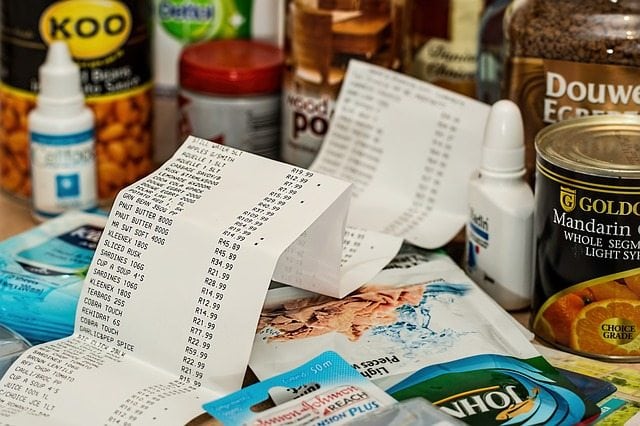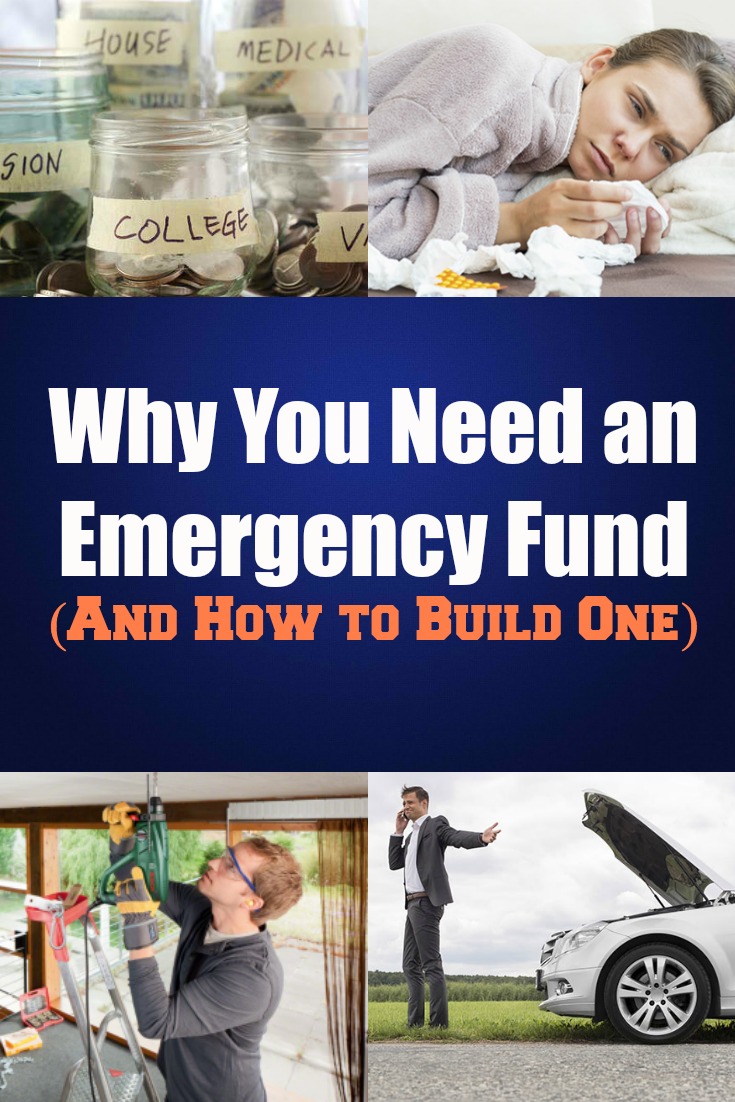
All the bills had been paid and we had everything we needed. We were broke, but all the important things had been taken care of. Then, a tire blew out on the highway. Thankfully, no one was injured and the car was fine, save for the tire. I was left wondering how to pay for a new one, though. I'm sure many of you have been in a similar situation. I learned the importance of an emergency fund that day and quickly figured out how to build one. Here, I'll share some of the ideas that I found while building my emergency fund.
Why Have an Emergency Fund?
As I pointed out above, sometimes the unexpected happens. When it does, you want to be prepared. Let's go over some of the other reasons to build an emergency fund.
-
Sudden Unemployment

Image Source: Worker Compensation Watch You've worked at Company X for years when, out of nowhere, the company decides to downsize. Unfortunately, you are among the cuts. Now what? Learnvest.com (@learnvest) points to sudden, unexpected job loss as one of many reasons to have an emergency fund.
-
Long-term Illness

Image Source: Live Strong Whether it's you or your spouse or child, long-term illness comes with medical bills, unpaid time off, and potential job loss. Try to keep three to six months of living expenses socked away for this potential event, if possible.
-
Moving for Work

Image Source: BabyPost Good news: you've been promoted! Bad news: your new position is halfway across the country and your company isn't shouldering all the expenses of your move.
-
Cost of Living Increase
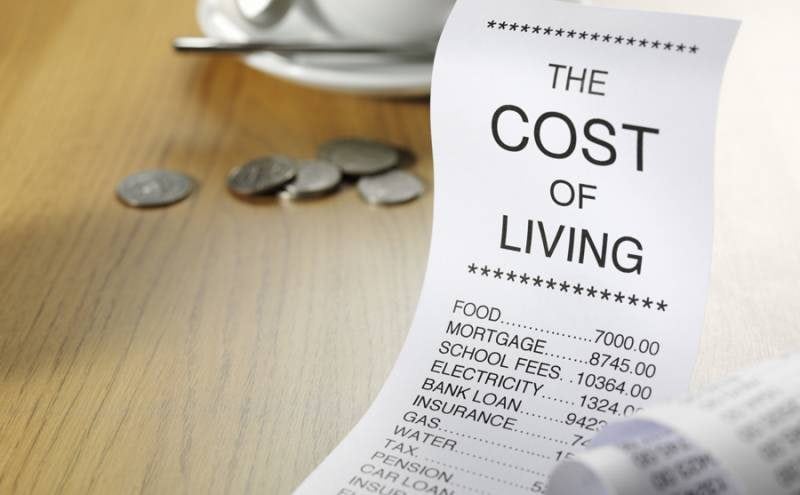
Image Source: Aei.org Maybe you've moved. Perhaps your lease is up and your landlord increased the rent in your new lease. You can't afford to move, so you're stuck. Whatever the situation, cost of living increases do happen. It's best to be prepared for them.
-
Car Trouble

Image Source: Confused.com As in my situation earlier, you might find yourself on the side of the highway with a car that needs repairs. You shouldn't have to figure out which bill you'd have to skip this month just to pay for the repairs.
-
Death in the Family

A friend of mine unexpectedly lost her mother. Because she didn't have an emergency fund, she could only afford to miss a couple days of work, or risk being unable to pay her bills. This situation arises often, unfortunately. My friend wishes she had socked money away.
-
Home Repairs

Image Source: Vienna Times A leaking roof or burst pipe can happen to anyone. You don't want to be caught with your financial pants down. Insurance will help cover the cost of things like storm damage, but it won't always cover the unexpected.
How to Build Your Emergency Fund
Now that we know why we should have an emergency fund, how do we go about building it? When you're struggling to stay afloat, how can you possibly set aside money for emergencies?
-
Take a Look at Your Expenses
Step one is to take a look at your expenses. What do you spend money on each month? Compile a list of these expenses, from the essential to the non-essential.
Now that we have a list, cross off expenses to get rid of. How often do you eat out? Is cable something you really need? If you find this overwhelming, try to get rid of one expense a month. Maybe start by cutting your cable package down to the basics.
-
Look for Rewards

Many credit cards offer cashback rewards, and banks often offer special rewards for their clientele, such as free tickets or a percent back when shopping at certain stores. Check your cards for these rewards, and trade them out for ones that do if yours don't have these options.
-
Put Away Reimbursements
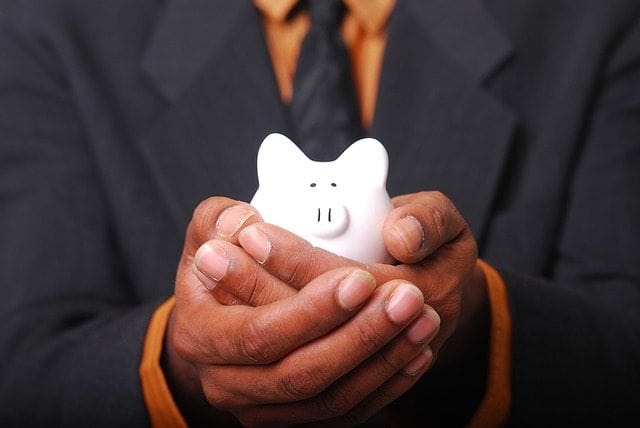
Do you receive reimbursements through work for work-related expenses? Maybe your insurance company reimbursed you a medical expense. Whatever it was from, put it away for an emergency.
-
Bank Your Coupons

Image source: US News When you use a coupon at the store and save $10 on your purchase, sock that money away. Pretend you spent it by transferring it to savings.
-
Round Up Your Expenses

Image Source: Shape.com This is a tip my mother gave me when I opened my first checking account. The idea is for you to spend $5.78, but record that you spent $6 even. At the end of the month, count the money you rounded, and transfer to your savings.
-
Transfer Cash
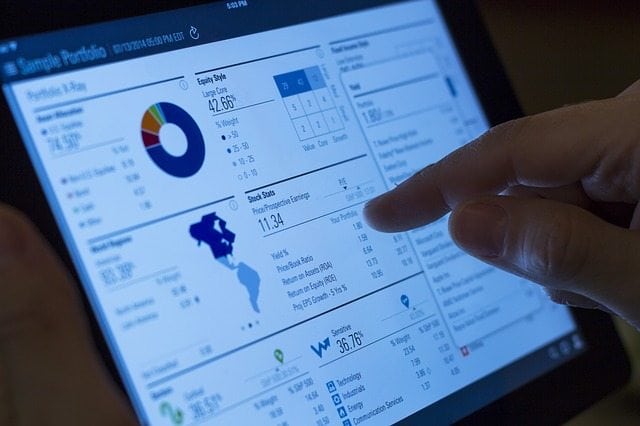
It's the day before payday. You check your account and find $98 in it. Take part or all of that amount and send it to savings. -
Make It a Challenge

Image Source: Kynang.dntu I see many financial savings challenges floating around my social media feed almost daily. Some of them will not work for all, but you'll likely find at least one worth trying. A few ideas for you:
- The Spare Change Challenge
- The $5 Challenge
- 365 Day Savings
- Savings Buddy Challenge
-
Bill Yourself
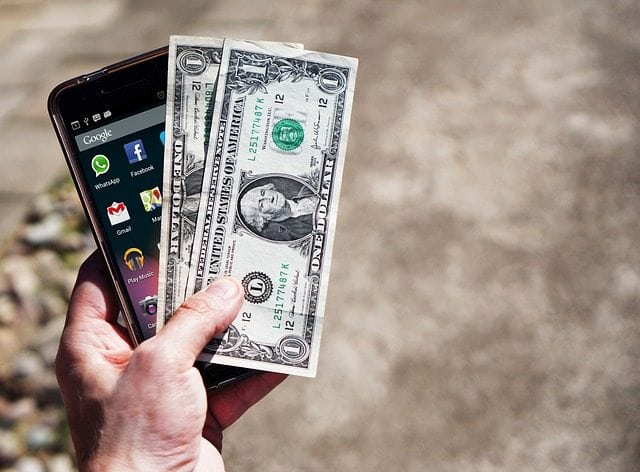
You want to save money, right? So, bill yourself. Decide how much you want to set aside each month and create an alarm to remind you to pay yourself.
-
Keep the Change Programs
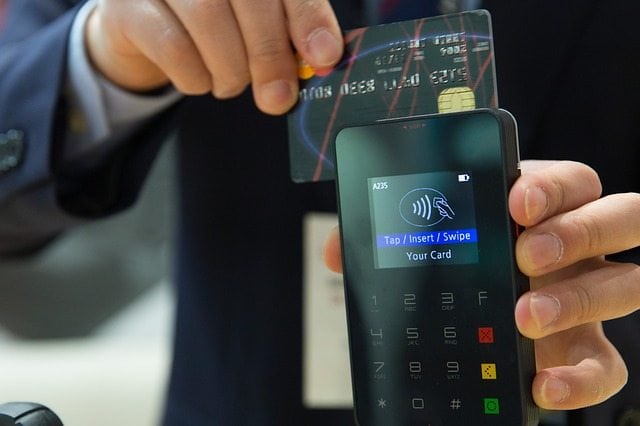
Just as many banks offer cash back programs, some also offer a program in which they will round your debit-card purchases up to the next dollar for you and transfer the difference to savings.
-
Name Your Dollars
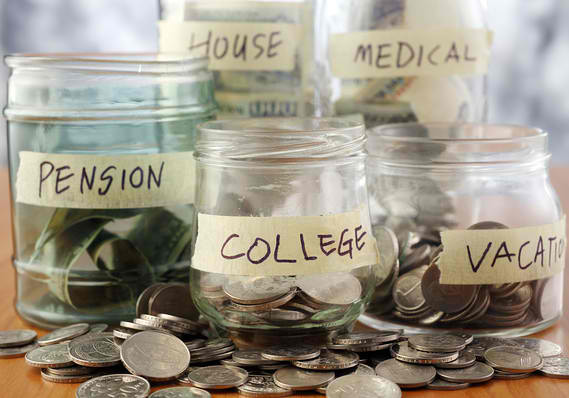
Giving your account(s) a named purpose, like “Home Repairs” or “New Car”, can help motivate you to leave that money in the account, no matter how much you want that new Keurig.
-
Choose an Online Bank

Image Source: Web Bankir Use online banking for savings accounts, as there are few or no requirements for minimum balances, fees, or other costly expenses associated with more traditional banks.
Now that I've made an emergency fund, the unexpected is no longer a reason to panic. I hope this guide helps you to build your emergency fund, too.
